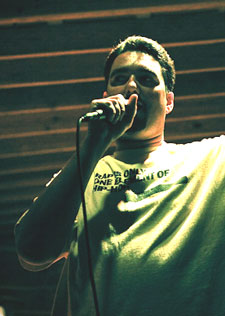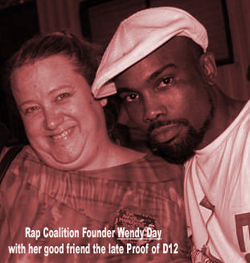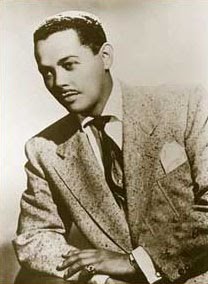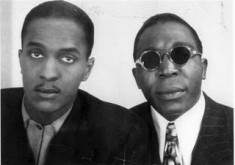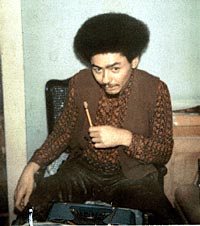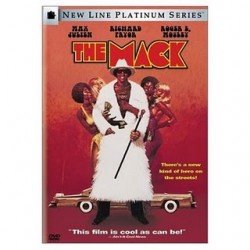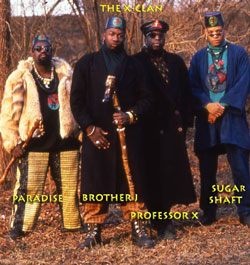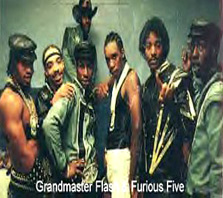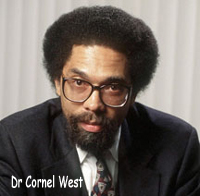Before reading this update, u may wanna refamiliarize yourself w/ this story by peeping the first article we ran http://hiphopandpolitics.wordpress.com/2010/01/15/army-imprisons-soldier-for-singing-against-stop-loss-policy/
Immediate Iraq tranfser and court martial announced in violation of military regulations
By the Friends and Family of Spc. Marc Hall.
February 3, 2010
Donate | Sign the petition | stoplossmusic.org
http://www.couragetoresist.org/x/content/view/816/1/
Today, Fort Stewart, Georgia officials confirmed that the Army will attempt to separate Spc Marc A Hall from both his civilian legal team and his established military defender Capt. Anthony Schiavetti by sending him to Iraq “within a few days” to face court martial.
The Army declared that, “The jurisdiction transfer ensures a full and fair trial for both Spc. Hall and the United States.” Nothing could be farther from the truth, at least for Spc. Hall.
“It is our belief that the Army would violate its own regulations by deploying Marc and it would certainly violate his right to due process by making it far more difficult to get witnesses. It appears the Army doesn’t believe it can get a conviction in a fair and public trial. We will do whatever we can to insure he remain in the United States,” explains attorney David Gespass of Birmingham, Alabama.
Spc. Marc Hall produced and distributed an angry hip-hop song in July 2009 when he discovered that he would not be allowed to leave active duty due to the Army’s “stop-loss” policy. Spc. Hall continued to serve with his unit for the next four months undergoing command and mental health counseling as requested. “I explained to [my first sergeant] that the hardcore rap song was a free expression of how people feel about the Army and its stop-loss policy. I explained that the song was neither a physical threat nor any threat whatsoever. I told him it was just hip-hop,” explained Spc. Hall.
When Spc. Hall continued to express strong objections to redeploying to Iraq, his unit used the hip-hop song as a pretext to incarcerate Spc. Hall on Dec. 12, 2010. The command likely believed Spc. Hall would refuse to deploy anyway creating discomfort among other soldiers.

Spc. Hall was charged Dec. 17, 2009, with five specifications in violation of Article 134 of the Uniform Code of Military Conduct, two of those for wrongfully communicating a threat based on song lyrics. Article 134 is the vague rule that outlaws anything “to the prejudice of good order and discipline.”
Brenda McElveen, Spc. Hall’s mother notes, “Marc served his tour of duty to Iraq honorably. To his dismay, he was told that he would be deployed again. When Marc voiced his concerns over this matter, his concerns fell on deaf ears. To let his frustration be known, Marc wrote and released the song. Marc is not now nor has he ever been violent.”
On Feb. 1, 2010 Spc. Hall underscored his non-violent outlook by formally applying for discharge from the Army as a conscientious objector. His application explains the transformation he went through during his year-long deployment to Iraq. The Army’s attempts to now deploy him violate AR 600-8-105 (Military Orders) and the Army’s Conscientious Objector regulations among other errors.
“The Army seeks to disappear Marc and the politically charged issues involved here, including: the unfair stop-loss policy, the boundary of free speech and art by soldiers, and the continuing Iraq occupation. The actual charges are overblown if not frivolous, so I’m not surprised the Army wants to avoid having a public trial,” explained Jeff Paterson of Courage to Resist (couragetoresist.org), an organization working in collaboration with Iraq Veterans Against the War (ivaw.org) to support Spc. Hall. Supporters have created stoplossmusic.org to support Spc. Hall and pay for his legal defense.
Ft. Stewart Public Affairs Chief Kevin Larson, (912) 435-9879, announced today that he will no longer provide information regarding Spc. Hall. Media should instead contact Iraq-stationed LTC Eric Bloom via email only at eric.bloom@mnd-b.army.mil. This e-mail address is being protected from spam bots, you need JavaScript enabled to view it This alone underscores the lack of a fair and public trial available to Spc. Hall in Iraq.
The Army continues to implement its stop-loss policy despite President Obama’s promise to end the unfair practice that involuntarily extends the active duty service term of many soldiers. According to the Pentagon 120,000 soldiers have been affected by stop-loss since 2001 and 13,000 are currently serving under stop-loss orders.
